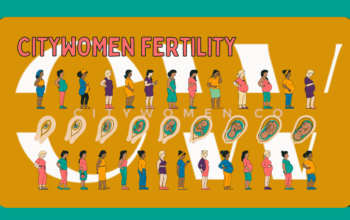
February 14, 2020 at 07:30PM by CWC
Sometimes the quest for living a healthy life can distract from what’s most important: enjoying it. It’s a reminder that comes straight from the world’s oldest man, a spritely 112-year-old living in Niigata, Japan, named Chitetsu Watanabe.
When asked about the secret to his longevity, Watanabe didn’t mention a dedicated workout routine or a specific eating plan. In fact, Watanabe has enjoyed so many candy and sweets in his lifetime that he lost his teeth. (Now he enjoys sweet custard instead.) “[It’s] to not to get angry and keep a smile on your face,” he says.
The link between health and happiness is well-established. In fact, four of the nine longevity pillars (qualities people who live in Blue Zones, where inhabitants regularly live to reach 100) have nothing to do with diet or exercise. Longevity is granted to those who find purpose in life, manage stress, engage with a community, and remain close to family.
ADVERTISEMENT
ADVERTISEMENTKate Spade Autumn/Winter Sale |
“Purpose is related to happiness, and happiness is associated with better health than sadness or indifference,” says Richard Honaker, MD, chief medical advisor at Your Doctors Online. When looking at Watanabe’s life, it has long been full of purpose. According to the Guinness World Records, he comes from a family of 10, the eldest of eight children. Besides being close with his family, Watanabe also worked long and hard until he was 104. In his younger days, he served in the military. After the Pacific War, he returned home and started working in agriculture, growing a variety of fruits and vegetables. Between his family life, military service, and work, Watanabe’s life has long had clear purpose.
All of this syncs up with intel from The Human Longevity Project, a nine-part documentary series featuring locals of the longest-living and healthiest populations on the planet in addition to experts, healers, and doctors. Some of the major takeaways from this project include that working hard, fostering meaningful connections, and minimizing stress all are linked to living a long, healthy life.
Another way to bring happiness, backed by science: friendship. One study found that having good friends is part of the connection between health and happiness. You don’t need a lot of friends, but rather just a few reliable people in your life who make you smile.
Here are some science-backed ways on creating long-lasting happiness. Plus, what a 75-year study says about finding happiness in life.
Author Emily Laurence | Well and Good
Selected by CWC

ADVERTISEMENT
ADVERTISEMENTUp to 30% off Gift Sets |







